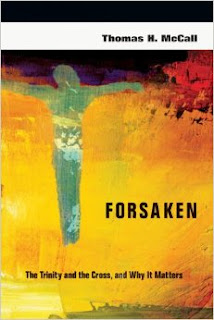Trinitarian ethics: How then shall we live?
Our exploration of Trinitarian theology brings us to the important subject of Trinitarian ethics, asking, How then shall we live? In answering, we begin not by asking What? or Why? or How? but Who ? Specifically, Who is Jesus? What does this question have to do with ethics? The answer is, everything! Jesus, the incarnate Son of God, is true humanity - the person who, alone, fully and perfectly expresses what it means to be human. And thus we look to him for our identity and for the definitive word concerning how we are to live (our ethics). As we do, we don't ask merely, What would Jesus do? but, What is Jesus now doing? - recognizing that Jesus, who is still human (now glorified), is alive and ministering actively through the Holy Spirit in our world. So what is Jesus now doing? The answer is this: He does what he is, namely love. This is not just any kind of love, but Love of the God-kind as it is being expressed through the glorified human...


